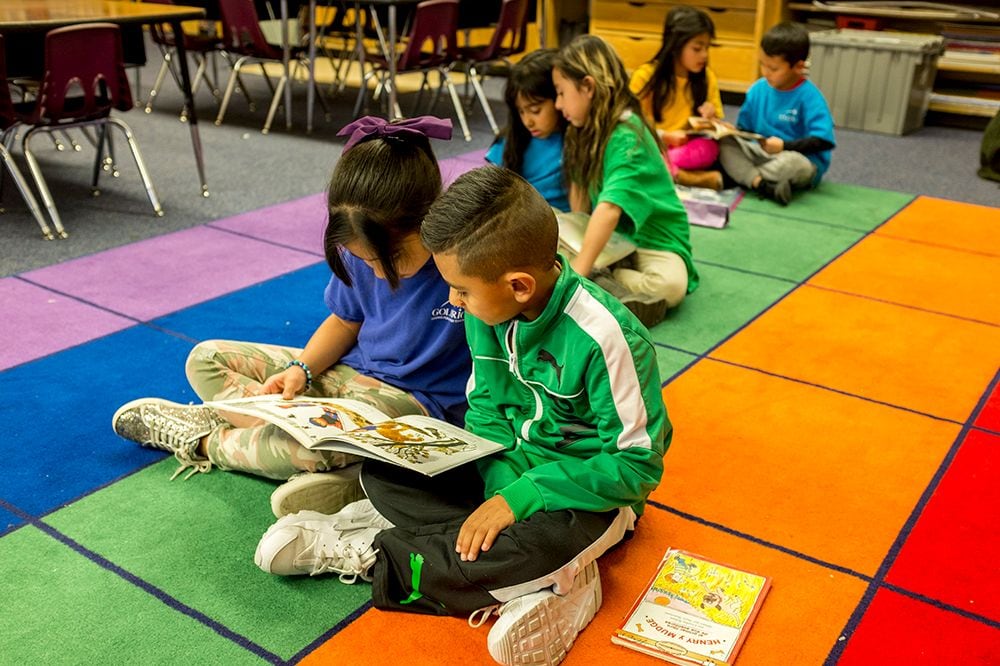Denver Superintendent Alex Marrero is pressing pause on addressing one of the district’s most significant challenges: whether to close or consolidate schools with so few students that they struggle to pay for a full teaching staff and robust programming.
Denver Public Schools was about to launch a monthslong community brainstorming process involving 19 schools. But after meeting with parents and community groups, Marrero said the district’s attention needs to be on pandemic recovery right now.
“My attention and the attention of the leadership of our district need to be on listening, learning from, and being responsive to our community, and it needs to be on recovery from the pandemic,” Marrero wrote in a letter to families at the affected schools.
Conversations about closing some under-enrolled schools “would be a major obstacle” in the way of accomplishing that pandemic recovery, Marrero said.
Enrollment in Denver Public Schools is declining, and elementary schools in the southwest, northwest, and central parts of the city have been hard hit. Denver schools are funded per student, and fewer students means less funding to pay for teachers and programming.
The school board passed a resolution in June that directed district staff to engage parents, educators, and neighbors in figuring out how to reduce the number of schools with fewer than 300 students. To do that, the district would have to close some schools.
Earlier this month, the district released a list of 19 schools that would participate in the process (see box). The schools were split into four regional groups. Representatives from each of the 19 schools would volunteer to be part of the groups and come up with recommendations for consolidating schools in their region, said Grant Guyer, the district’s chief of strategy and portfolio services.
That work was set to start next month, and the school board was expected to vote on any school closures in the spring, Guyer said. The changes were to go into effect in fall 2023.
But Marrero has placed the process on hold. He did not specify in his letter when it would resume, saying only that he would talk to the school board about it “once we are farther along in the recovery from the pandemic, and once I have concluded my full ‘listening and learning tour’ that has been planned as a critical part of my first school year as superintendent.”
Marrero took over as superintendent in July. To date, he said he has spent several hundred hours meeting with 116 groups to ask three critical questions: What is working well? What needs to improve? And what key advice do you have for me?
Over several weeks, the subject of school consolidation “has risen in urgency in the community and has begun to dominate the conversations,” Marrero said. While the official process wasn’t set to begin until next month, the principals of the 19 schools had been holding meetings to inform families of what lay ahead, Guyer said.
The Denver Classroom Teachers Association praised Marrero’s decision to pause the process.
“This is the type of bold leadership that Denver Public Schools needs,” union President Rob Gould said in a statement. “This pandemic has been an extremely trying and challenging time for students, their families, the community, and our educators.”






